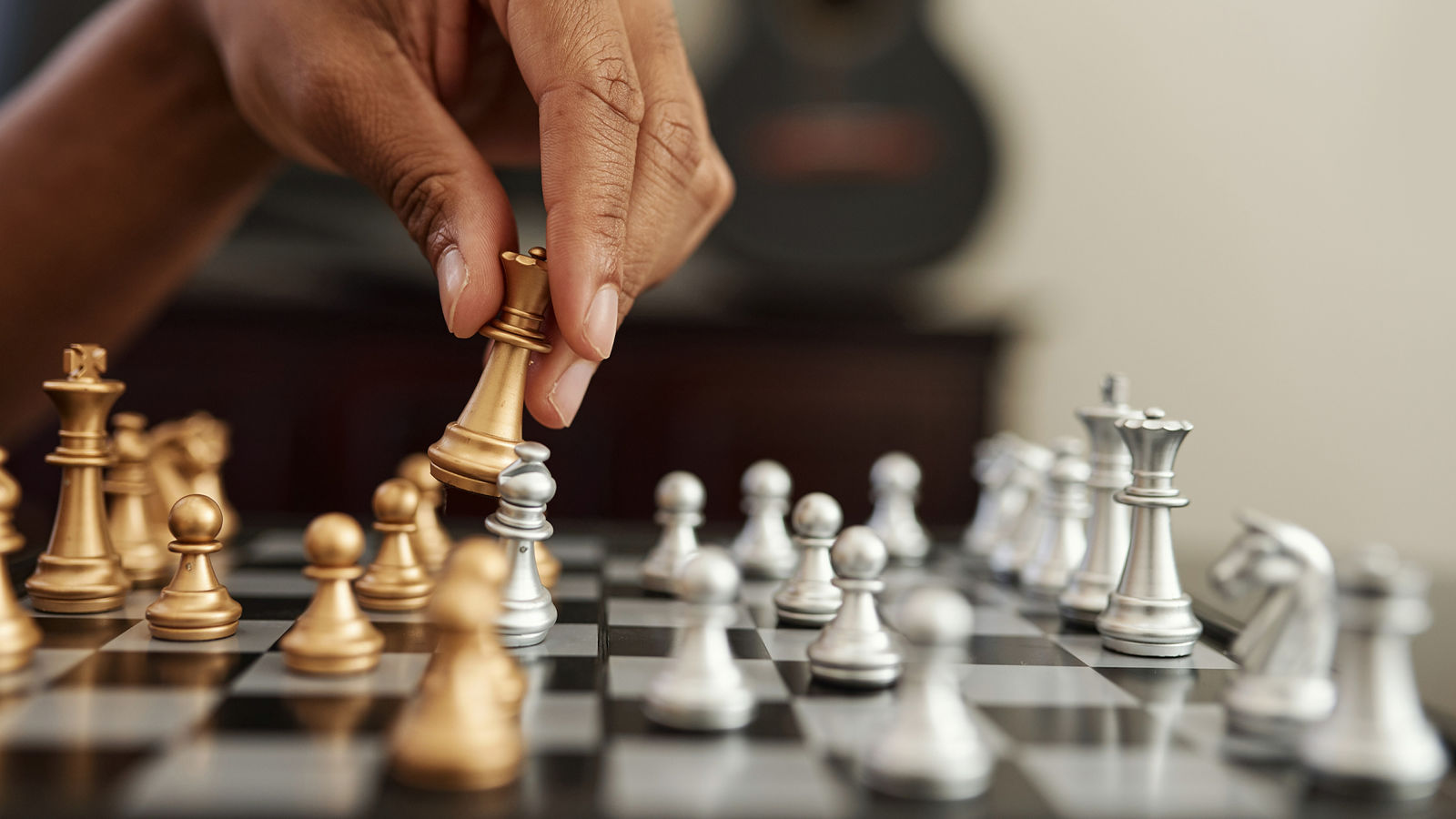
A few months ago I got a video on my TikTok “For You” page that explained in an alarmist manner that Tinder was determining who to show to who based on an “attractiveness score”. I am not able to find the video in question anymore because I deleted TikTok, but even if I did still have the app I probably wouldn’t be able to find it, as it was full of approximate and false information and it was probably taken down anyway.
At the time I didn’t think much of it, trusting the information given to me (because, as we all know, the information on TikTok and the internet is always accurate and well-researched), passing a negative judgment on Tinder for about 2 seconds and proceeding to watch the next video.
The content of the video remained completely discarded by my brain until a few days ago when I got suddenly reminded of it and decided to look into it more.
The algorithm to which the TikTok video was referring is the Elo rating system. Interestingly, this system was originally created by physicist Arpad Elo to mathematically determine the success rate and the level of expertise of chess players.(1)
When translated into the dating app world, this system is used to numerically determine people’s “scores of attractiveness” and show them to users that have similar ones.
Dangerously similar to an episode of black mirror, an “attractiveness score” given to users and making it the basis of matches seems to many unfair and superficial. Not only because most people probably wouldn’t like their attractiveness to be rated by an algorithm, but also because it is questionable whether or not you can actually rate such a thing in the first place.

Fortunately for us, Tinder has reportedly changed its match-making system and has distanced itself from the Elo System saying it is “old news” for its “cutting-edge technology”.(2)
In the app’s latest statement it is said that people are shown to each other based on the compatibility of their interests, the content of their pictures, their engagement with the app and only partially by the number of likes. In my opinion, this new system seems a bit more “human” in the way it predicts what you might or not like, as it acknowledges that attractiveness is also based on compatible interests and lifestyles. For example, if your profile shows pictures of you at a rave and your bio shows techno music as one of your interests you will probably notice a lot of people at raves who love techno music in your suggestions.

However, despite it being better than the Elo score, also this algorithm is far from ideal. In this case, what seems at the least weird for me is that it is assumed that similarity=compatibility. As if the fact that someone is similar to you naturally signifies that you will probably find each other attractive. In my experience, as well as the ones of the people around me, that’s not at all the case. Of course, you can be attracted to someone that has similar habits and interests as you, but it is just as probable for people with completely different personalities to find perfect matches in each other. Therefore basing an algorithm on that seems quite restrictive. Additionally, this kind of strategy is a sort of prediction of people’s types, which is a quite absurd concept given the variety of factors and variables that contribute to determining them.
Dating, love and sexual attraction are things that are very difficult to be mathematically determined and predicted because of how extremely personal they are. Not only do they vary greatly from one person to another but are often impossible to explain even for the people that experience them. For this reason, it doesn’t surprise me that apps that are completely based on them struggle so much to find an algorithm that works and simultaneously doesn’t scandalise people for its superficiality. And although there are definitely success stories coming out of dating apps like Tinder, it doesn’t surprise me that most people get off them frustrated and disillusioned either.
Footnotes:
(1) “Elo Rating System,” Chess Terms, Chess.com, last accessed October 10, 2022, https://www.chess.com/terms/elo-rating-chess#what-is-elo-rating
(2) “Powering Tinder – The Method Behind our Matching,” Tinder, last accessed October 10, 2022, https://www.tinderpressroom.com/powering-tinder-r-the-method-behind-our-matching/
Bibliography
Chess.com. “Elo Rating System.” last accessed October 10, 2022. https://www.chess.com/terms/elo-rating-chess#what-is-elo-rating
Tinder “Powering Tinder – The Method Behind our Matching.” last accessed October 10, 2022. https://www.tinderpressroom.com/powering-tinder-r-the-method-behind-our-matching/




Recent Comments